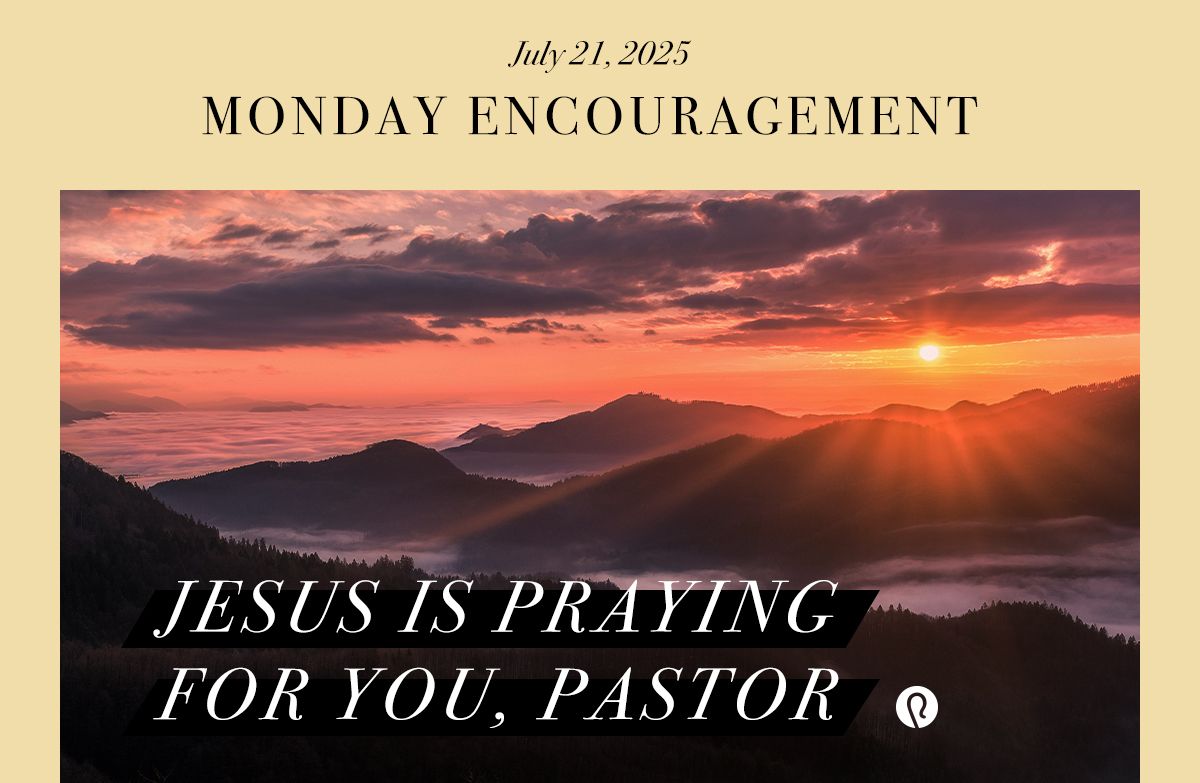FellowshipPreaching/TeachingLeadershipCelebrate RecoveryDiscipleshipSmall GroupsEvangelismWorshipMinistry
5 Reasons Some Leaders Finish Poorly

[caption id="attachment_19528" align="alignright" width="300"] Photo by Tim Norris.[/caption]
I was recently in a meeting discussing the future of an evangelical movement other than my own. The person I was with shared a great challenge--one of the most prominent leaders of their movement was not finishing well, making it hard for the movement to envision a successful future.
That conversation soon turned to why this happened--and how we had seen it happen elsewhere. Within a few minutes, we had identified four others who showed similar patterns. They were all older leaders, were immensely respected, yet who are finishing poorly, griping, complaining and often undercutting those who will likely become their successors.
My guess is that you would not be surprised with some of the names, and you could probably quickly identify others in your own movement who have done the same.
After our meeting concluded, I continued to ponder the situation even more. Why do some leaders end so well--Calvin Miller, Jack Hayford, Bob Russell, Roy Fish, and so many more--while others go out not in a blaze of glory, but in a blaze of gory? They finish poorly and leave a mess in their wake. In some cases they even undo some of the tremendous progress God used them to create in the years prior.
They have all been key leaders-- and some still are-- though many of those who have followed in their stead are ready for the former leaders to move on to greener pastures, other ministries, or just down the road.
I think there are some common factors shared by those who don't end well. Here are my five observations:
1. They did not trust the very people they developed for succession. In all the cases (there were no exceptions in the leaders we were considering), they had obvious successors with whom they were deeply disappointed. In some cases the outgoing leader actively tried to get yet another successor to replace their own successor (The former leaders seemed not to consider they might also be disappointed in the replacement successor). Those who are not finishing well seem to always be dissatisfied with who succeeds them, almost as if they are looking for, but unable to find, a clone of themselves. 2. They fought over things which were just not that important. These leaders were not arguing over big things like the virgin birth or nature of the Godhead. Instead they entangled themselves in perceived offenses, worship styles, minor theological nuances, and more. They majored on the minors and those who were the objects of that constant attention knew another "concern" was just around the corner. 3. Their identities were too connected to their movement. These "faltering-at-the-finish" leaders could not perceive a time when other leaders would be in place, or that they might do things differently. As a result they continued to try and control everything until they marginalized themselves. Ironically, they now have less influence in movements that once saw them as heroes. 4. They grew angrier as they grew older. In every case, their tone became louder, angrier, and more belligerent. Openly blurting complaints was common. The people who loved them opined of the many angry voicemails or emails they had received. In all cases the next generation of leaders would "take one for the team." But, after a while, even the most well-conditioned team will get tired. 5. They could not hand over what they helped create. Perhaps this was the clearest of all. All of these leaders were used of God to create great things, movements, ministries, and change. In the end, they just couldn't trust the movement's members-- even the ones they had personally trained-- to continue what they started.I remember watching Jack Hayford at a meeting conducted with the Foursquare national cabinet-- about 70 of their key national leaders. I facilitated the meeting from the stage, helping them to find a new president and look to the future. Pastor Jack (that's what we all call him) was retiring, and they needed (and had) an honest conversation about where things were, are, and needed to go. A minor portion of that conversation included criticism of some of Jack's decisions-- as he sat on the front row! After the discussion was done he asked to speak, and I gulped. He got up, thanked me, and then praised the forthright conversation that had just taken place. The humility it took to do that is only one quality that made him one who is finishing well. I want to be careful here: this post is not intended to incite gossip or bitterness toward those who have gone before us. If we aren't careful, our conversation can spiral into unguarded accusations and frustrations. That's not helpful, nor is it biblical. I won't post any derogatory comments or attempts to guess identities, but I think this moment is worth considering--particularly since there seems to be a pattern. If we don't examine unhealthy patterns, we-- and by that I mean ME-- can fall prey to repeating the same mistakes. We ought to be sharpening one another as iron sharpens iron. We ought to look at the examples of those who have gone on before us (1 Cor. 10:1-13), both the good and the bad. Then we need to take a look in the mirror and examine ourselves. I want to ask two questions for your consideration: How should we handle it when those we respect are in the position of not finishing well? And how should we prepare ourselves for our own eventual transitions from leadership?







